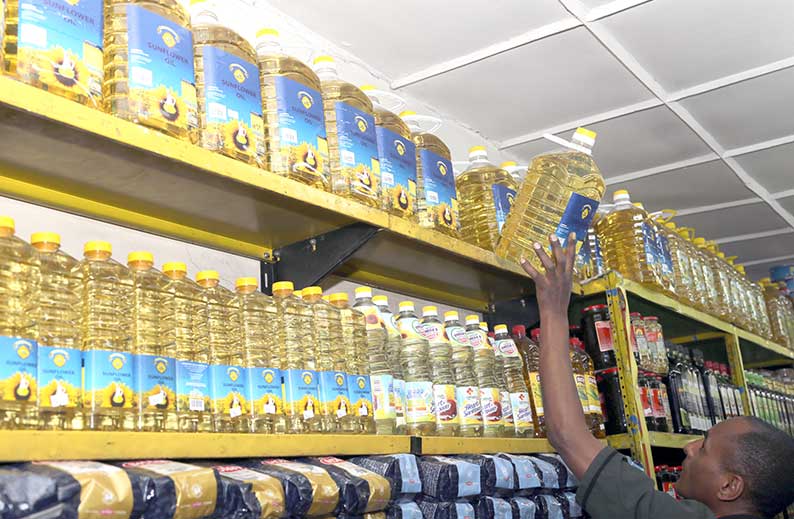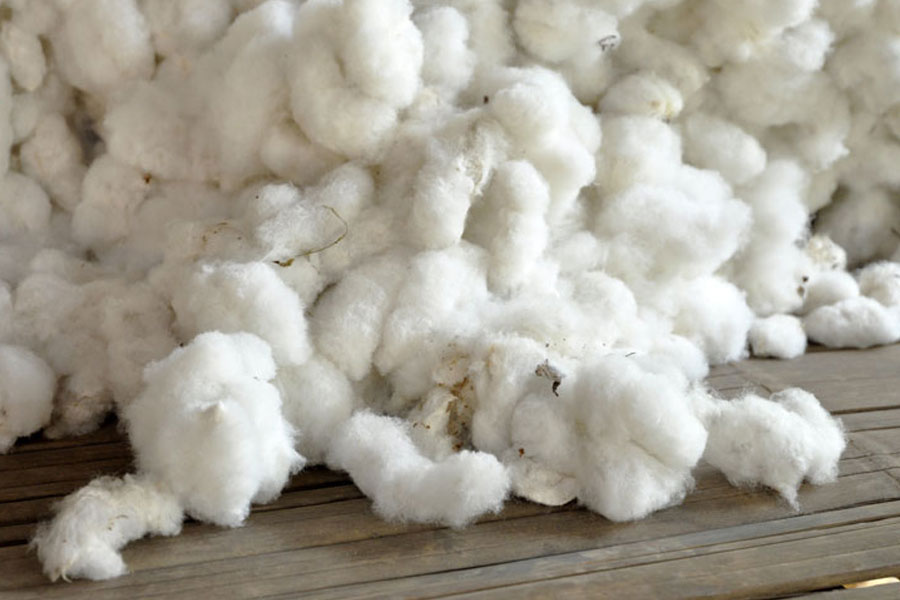
Fortune News | Oct 17,2020
Suppliers of equipment and furniture for the federal government cry foul over the imposition of an "unfair" amount of duty by the authorities, squeezing profit margins and causing delays in procurement processes.
Representatives of a dozen of 40 companies contracted out by the Federal Public Procurement & Property Disposal Services voiced their complaints last week during a meeting held at the new headquarters of the Ethiopian Customs Commission, on Ras Birru Street (Meshualekia area). Having a three-year deal to supply office and IT equipment, as well as furniture, to 180 federal offices and 45 universities, the representatives claimed the Customs Commission imposed on them a duty amount they described as "unfair," overlooking the discounted prices they pay, buying the items in bulk.
Under a common framework agreement, the suppliers initially won the bids two years ago after offering lower prices for supplies estimated to cost the government as high as three billion Birr.
Alta Computech Plc is one such supplier.
"We buy in bulk, but Customs charges us based on prices others pay for smaller shipments," said Sintayehu Abebe, a representative of Alta, one of the largest suppliers to the Service with a 700 million Br contract to supply IT equipment, including printers and computers.
MAX-Tech Plc is another company that supplied three million Birr worth of flash drives to federal government offices over a year. Its representative blames the Commission for adopting a one-size-fits-all approach.
"We've requested the Service to reconsider the duty," said Solomon Bederu, a representative of MAX-Tech Plc. "I don't know when they surveyed the market, but there is a huge difference from what we're asked to pay by Customs."
The Service, on its part, claims that it has no mandate to determine the prices of goods on which duty is calculated.
"It would be a conflict of interest for us to set the prices," said Tsewaye Muluneh, director of the Service, which uses prices set by the Central Statistics Agency.
The Director recognises that there is an issue with customs duty and that efforts to turn things around have been unsuccessful.
"When the suppliers are unable to pay for the duties, delays usually happen," Tsewaye said. "We can't give them additional payment as there is a huge difference between the prices used by the Commission and the CSA."
A year ago, a committee comprising five representatives from the Service and the Customs Commission was set up to work on the problem, although little has come of it. The Commission's data to determine the value of goods imported is much higher than what the suppliers pay to manufacturers or sellers at discounted rates. The value also fluctuates based on exchange rates.
For Debele Kebeta, head of the Customs Commission, legal procedures cannot bend simply because these companies "supply government offices."
"We receive letters pleading with us to review the issues for the suppliers," he said. "We can't allow this."
Debele pledged to prioritise reviewing the complaints and said that suppliers unhappy with the Commission's decisions may take their case to a court of law.
Yohannes Woldegebriel, a legal expert who had served as an attorney for customs authority, argued it is unfair for the Commission to impose the same duty as it does on non-bulk buyers.
"This is a problem seen many times with exclusive importers, too," said Yohannes. "This might even lead suppliers to turn to buy low-quality goods to make their margins."
PUBLISHED ON
Jul 03,2021 [ VOL
22 , NO
1105]

Fortune News | Oct 17,2020

Radar | Nov 16,2024

Radar | Feb 08,2020

Commentaries | Jan 01,2022

Editorial | Mar 20,2021

Fortune News | Nov 23,2019

Fortune News | Feb 19,2022

Radar | Oct 12,2025

Radar | Aug 07,2021

Fortune News | Aug 29,2020

Dec 22 , 2024 . By TIZITA SHEWAFERAW
Charged with transforming colossal state-owned enterprises into modern and competitiv...

Aug 18 , 2024 . By AKSAH ITALO
Although predictable Yonas Zerihun's job in the ride-hailing service is not immune to...

Jul 28 , 2024 . By TIZITA SHEWAFERAW
Unhabitual, perhaps too many, Samuel Gebreyohannes, 38, used to occasionally enjoy a couple of beers at breakfast. However, he recently swit...

Jul 13 , 2024 . By AKSAH ITALO
Investors who rely on tractors, trucks, and field vehicles for commuting, transporting commodities, and f...

Oct 25 , 2025
The regulatory machinery is on overdrive. In only two years, no fewer than 35 new pro...

Oct 18 , 2025
The political establishment, notably the ruling party and its top brass, has become p...

Oct 11 , 2025
Ladislas Farago, a roving Associated Press (AP) correspondent, arrived in Ethiopia in...

Oct 4 , 2025
Eyob Tekalegn (PhD) had been in the Governor's chair for only weeks when, on Septembe...